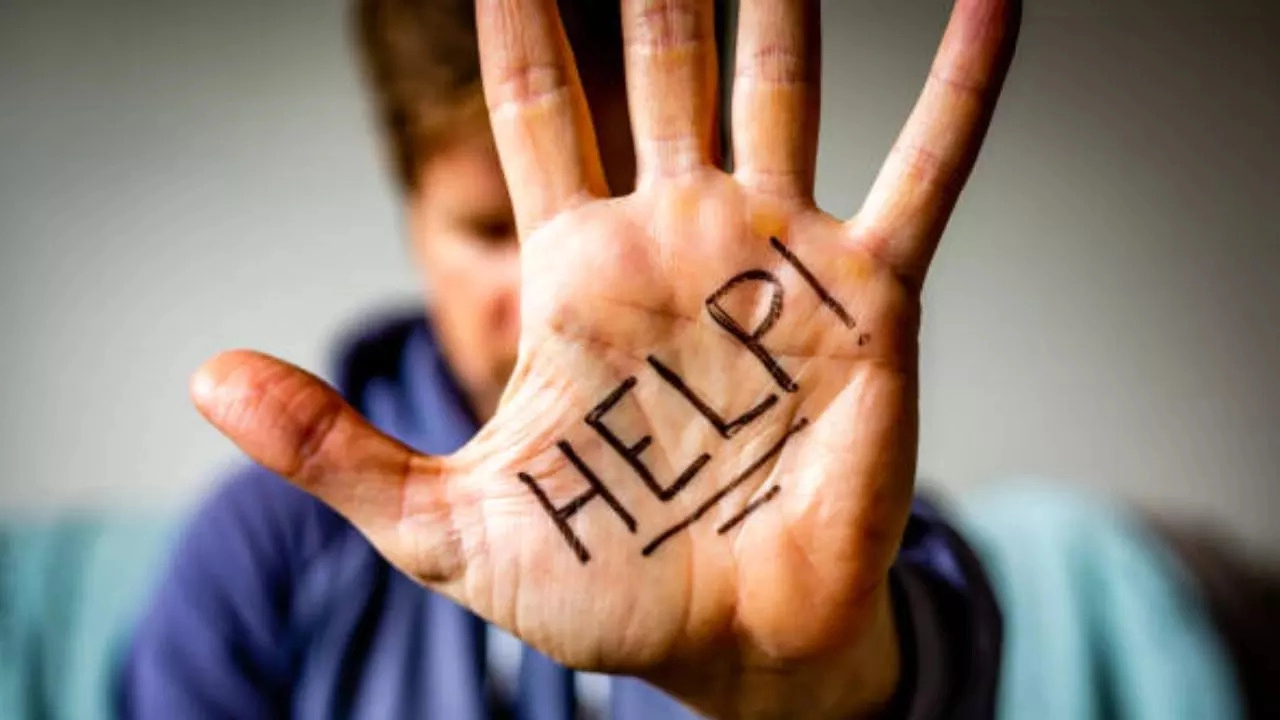Pallavi Mehra • 13 Sep 2024
India Must Broaden Focus Beyond Mental Health To Prevent Suicide: Lancet Study

India Must Broaden Focus Beyond Mental Health To Prevent Suicide: Lancet Study (Image Credits: iStock)
With over 170,000 suicides annually in India, experts stress the importance of focusing on more than just mental health to combat the rising suicide rates. In a new study published in The Lancet journal on World Suicide Prevention Day, experts emphasise the need for a broader approach to suicide prevention.
Globally, suicide claims over 700,000 lives each year, and India ranks among the countries with the highest suicide rates. World Suicide Prevention Day, observed annually on September 10, aims to raise awareness and reduce the stigma surrounding suicide. This year’s theme, “Changing the Narrative on Suicide,” calls for a shift in how suicide is viewed, urging a focus not only on mental health but also on social risk factors.
A six-paper series published in The Lancet Public Health aligns with this theme, which encourages suicide prevention strategies that go beyond mental health. Dr Rakhi Dandona, Professor of Public Health at the Public Health Foundation of India (PHFI), explains, “Suicide has long been stigmatized as a crime or purely a mental health issue. While mental health interventions are critical, we now have sufficient data to show that we must also address social factors in preventing suicide.”
The series highlights the importance of clinical treatment for individuals in crisis but calls for upstream measures that tackle social factors like poverty, domestic violence, debt, and social isolation. Experts argue that national strategies, including India’s National Suicide Prevention Strategy (2022), should take these social risk factors into account.
According to the National Crime Records Bureau (NCRB), India recorded 1.71 lakh suicide deaths in 2022, with a suicide rate of 12.4 per 100,000 people, the highest on record. Alarmingly, over 40 per cent of these suicides involve individuals under 30, with a young Indian dying by suicide every eight minutes.
NCRB data also highlights the leading causes of suicide, which include poverty, financial hardships, domestic issues, and relationship problems. The Lancet series reveals that unemployment is a key factor, particularly for women, with suicide rates among unemployed females in India reaching 94.8 per 100,000, compared to 4.3 per 100,000 for students.
“Addressing these socio-economic pressures alongside mental health is crucial,” Dandona said. “We need a comprehensive public health approach that integrates social and economic policies to tackle the root causes of suicide.”
While India’s suicide prevention efforts are currently housed under the National Mental Health Programme, Dandona calls for broader governmental collaboration. By fostering early intervention, reducing stigma, and prioritizing both mental health and social factors, India can make strides in reducing suicide rates and saving lives.
Get Latest News Live on Times Now along with Breaking News and Top Headlines from Mental Health, Health and around the world.